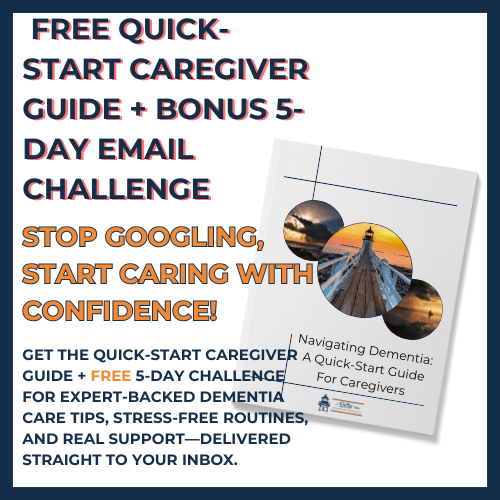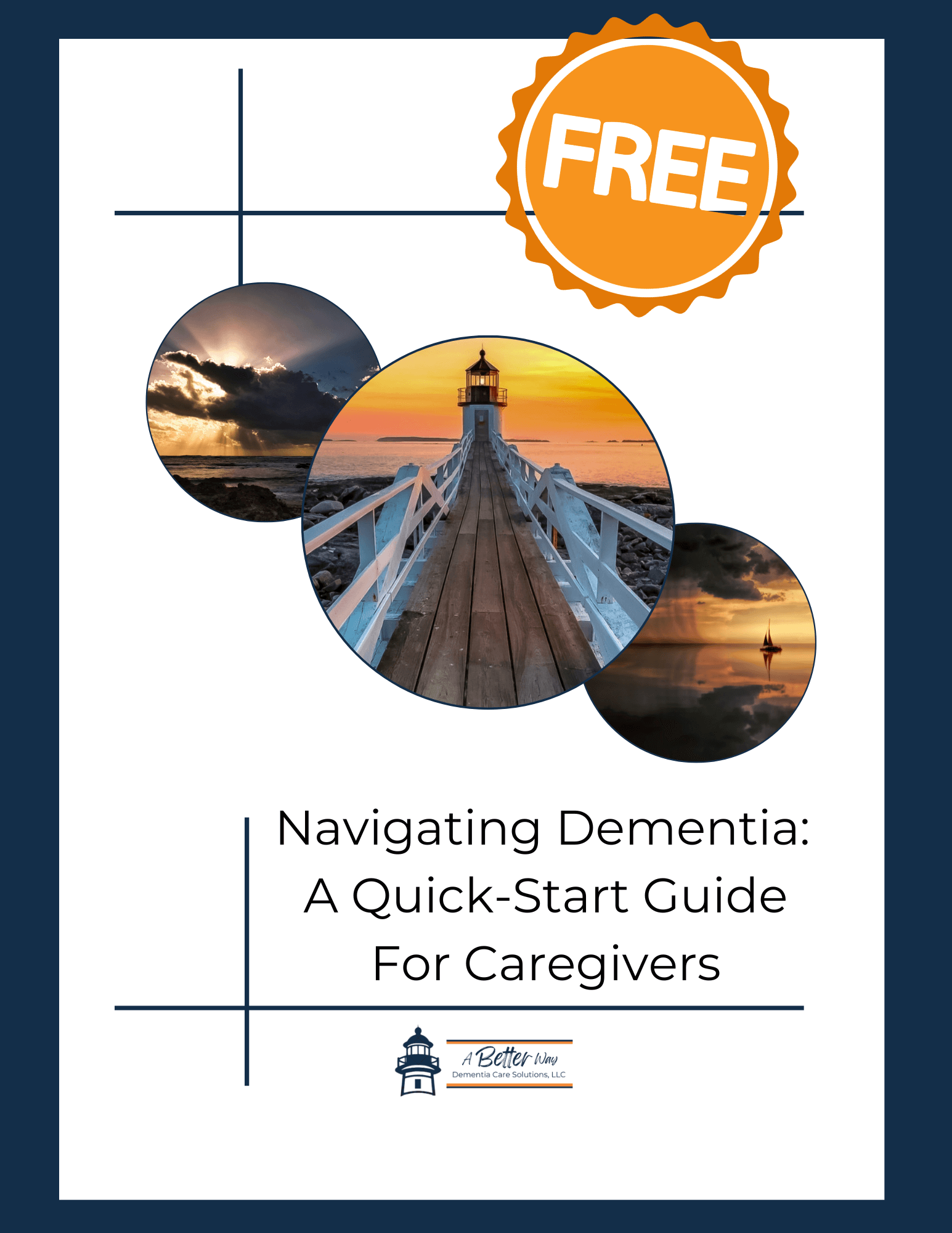
Caring for a person with dementia requires more than just daily assistance—it requires a well-thought-out plan that ensures their medical, financial, and personal care needs are met. A dementia care plan serves as a roadmap, helping caregivers anticipate challenges, make informed decisions, and provide consistent, compassionate care. Whether you are just beginning your caregiving journey or looking to refine your approach, this guide will walk you through the essential steps to create an effective dementia care plan.
Why a Dementia Care Plan Matters
Dementia is a progressive condition, meaning that care needs will evolve over time. Without a structured plan, caregivers may feel overwhelmed or struggle to make quick decisions in critical moments. A comprehensive care plan offers:
✅ Clarity – Ensures everyone involved understands the person's needs and preferences.
✅ Continuity – Helps maintain routines and consistency, which is essential for individuals with dementia.
✅ Preparedness – Allows caregivers to plan ahead for financial, legal, and medical concerns.
✅ Reduced Stress – Gives caregivers peace of mind, knowing they are making informed choices.
✅ Continuity – Helps maintain routines and consistency, which is essential for individuals with dementia.
✅ Preparedness – Allows caregivers to plan ahead for financial, legal, and medical concerns.
✅ Reduced Stress – Gives caregivers peace of mind, knowing they are making informed choices.
Key Components of a Dementia Care Plan
1. Medical Care Plan
Dementia care involves regular medical monitoring and coordination between healthcare providers. Caregivers should:
- Establish a relationship with a primary care physician specializing in dementia.
- Schedule regular check-ups to monitor disease progression.
- Keep a list of current medications and any potential side effects.
- Plan for future medical interventions, such as palliative or hospice care when needed.
- Consider consulting a neurologist, geriatrician, or dementia specialist for expert guidance.
📌 Action Step: Create a medical binder with all important health records, doctor contacts, and medication schedules.
2. Financial and Legal Planning
Dementia care can be costly, and financial planning is crucial to ensure long-term sustainability. Caregivers should:
- Explore Medicare and Medicaid options for healthcare coverage.
- Review long-term care insurance policies (if applicable).
- Work with an elder law attorney to set up essential legal documents, including:
- Power of Attorney (POA) for financial and healthcare decisions
- Advance Directives
- Living Will
- Guardianship (if necessary)
- Consider setting up a trust or estate plan to manage assets and care costs.
📌 Action Steps: Schedule a consultation with a financial planner or elder law attorney to discuss long-term care funding. Check out these blog posts: legal documentslegal side of dementia
3. Daily Care and Routine Management
Individuals with dementia thrive on routine and familiarity. A structured daily plan should include:
- Morning and bedtime routines to create stability.
- Medication management to ensure proper dosage and timing.
- Meal planning and nutrition to support cognitive health.
- Physical activity and mobility exercises to maintain strength and reduce fall risk.
- Engagement activities such as music therapy, puzzles, or reminiscing sessions.
📌 Action Steps: Develop a written daily schedule and post it somewhere visible for easy reference. Check out this blog post: establish a routine
4. Safety and Home Modifications
Ensuring a safe living environment is essential for preventing falls and accidents. Key safety measures include:
- Removing tripping hazards like loose rugs and clutter.
- Installing grab bars, bed rails, and non-slip mats in key areas.
- Using smart home monitoring systems for individuals prone to wandering.
- Securing toxic substances and sharp objects to prevent accidental harm.
Check out previous blog posts: Home Safetybathroom safety
5. Emotional and Social Well-being
Isolation can worsen dementia symptoms, making social engagement a key component of care. Encourage:
- Family and friend involvement in daily activities.
- Adult day programs or memory cafés for social interaction.
- Respite care services to give caregivers necessary breaks.
- Support groups to provide emotional support for both the caregiver and the individual with dementia.
📌 Action Step: Research local dementia-friendly programs and support groups for additional community resources.
Final Thoughts
Creating a dementia care plan takes time and effort, but it is an invaluable tool for ensuring quality care and reducing caregiver stress. By addressing medical, financial, personal, safety, and emotional needs, caregivers can feel more prepared and confident in their journey.
Next Steps
Personal Attention
If you need personalized guidance on creating a care plan, consider our 1:1 caregiver coaching services. Let’s navigate this journey together. Schedule a consultation today!
Join Our Private Caregiver Community
If you're looking for a safe space to share your caregiving experiences, ask questions, or simply connect with others who understand the challenges you face, join our private Facebook support group for caregivers. It's a supportive, empathetic community where you can find encouragement and answers when you need them most. Click here to join.
Subscribe to Our Newsletter & Download Your Free E-Book
For more valuable tips, resources, and updates on dementia care, click here to subscribe to our newsletter today!
Download Our FREE E-Book. CLICK HERE

Disclaimer
The information contained in this blog post is for general educational and informational purposes only and should not be construed as legal advice, financial advice, health advice, or medical advice. The information provided is not a substitute for advice from a qualified professional who is aware of the facts and circumstances of your individual situation. We expressly recommend that you seek advice from a professional familiar with your specific situation.
Want to keep figuring this out together?
Subscribe to Finding Our Way in Dementia Care and get honest stories, helpful tips, and gentle support delivered to your inbox every week. Just real talk, grounded care, and space to breathe.
Subscribe to Finding Our Way in Dementia Care and get honest stories, helpful tips, and gentle support delivered to your inbox every week. Just real talk, grounded care, and space to breathe.
Kind truth. Clear steps. Warm guide.

















0 Comments